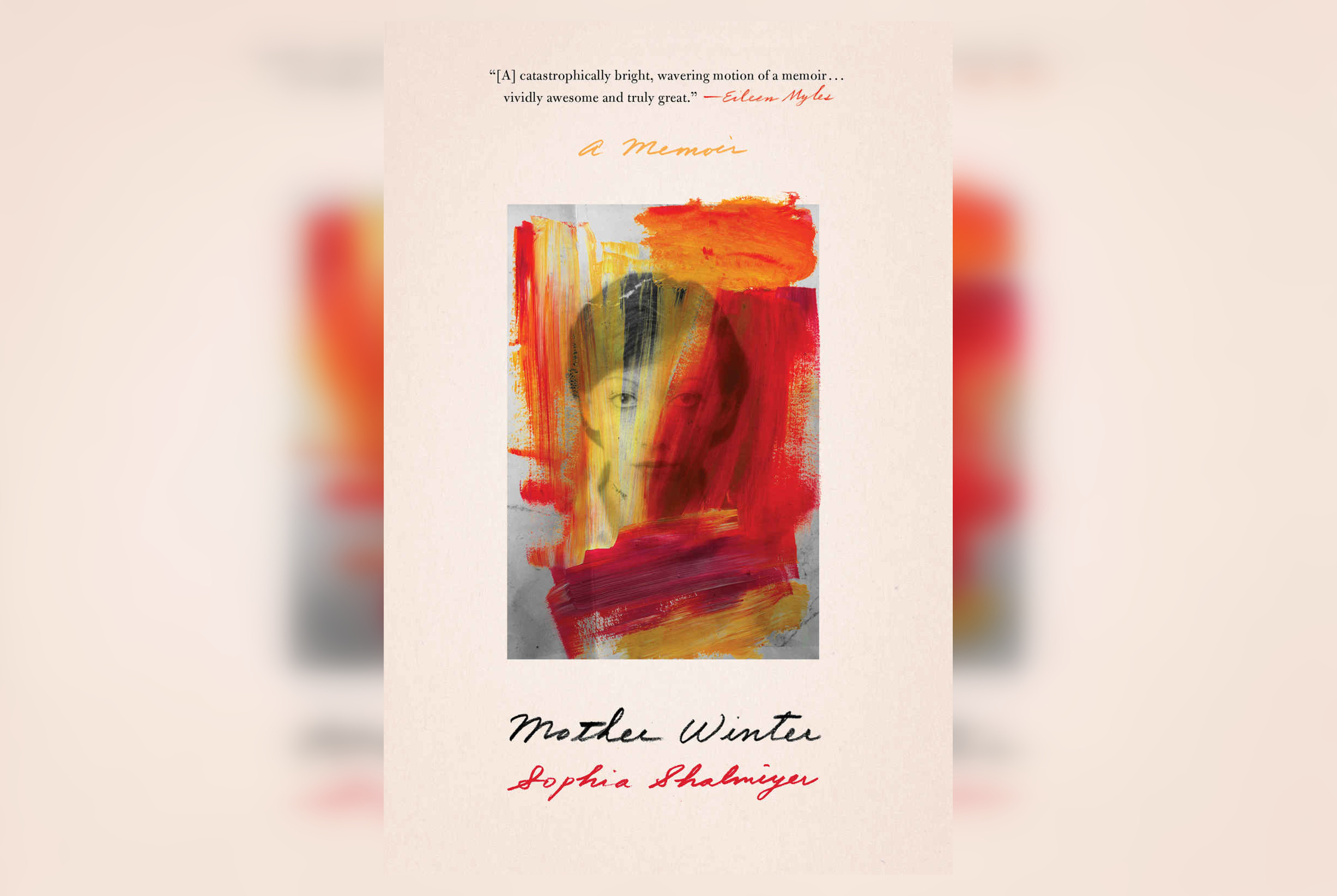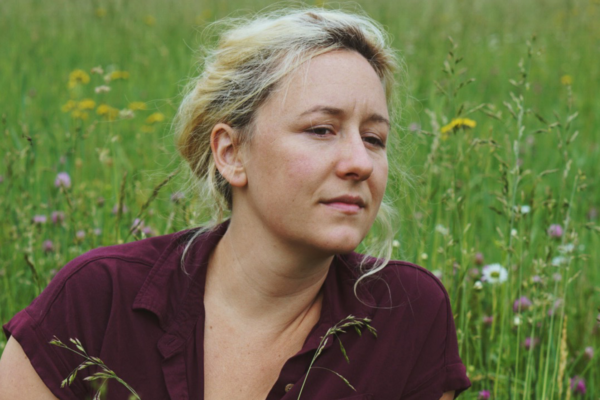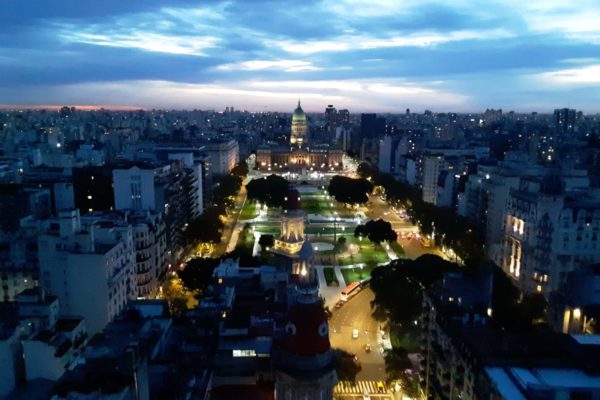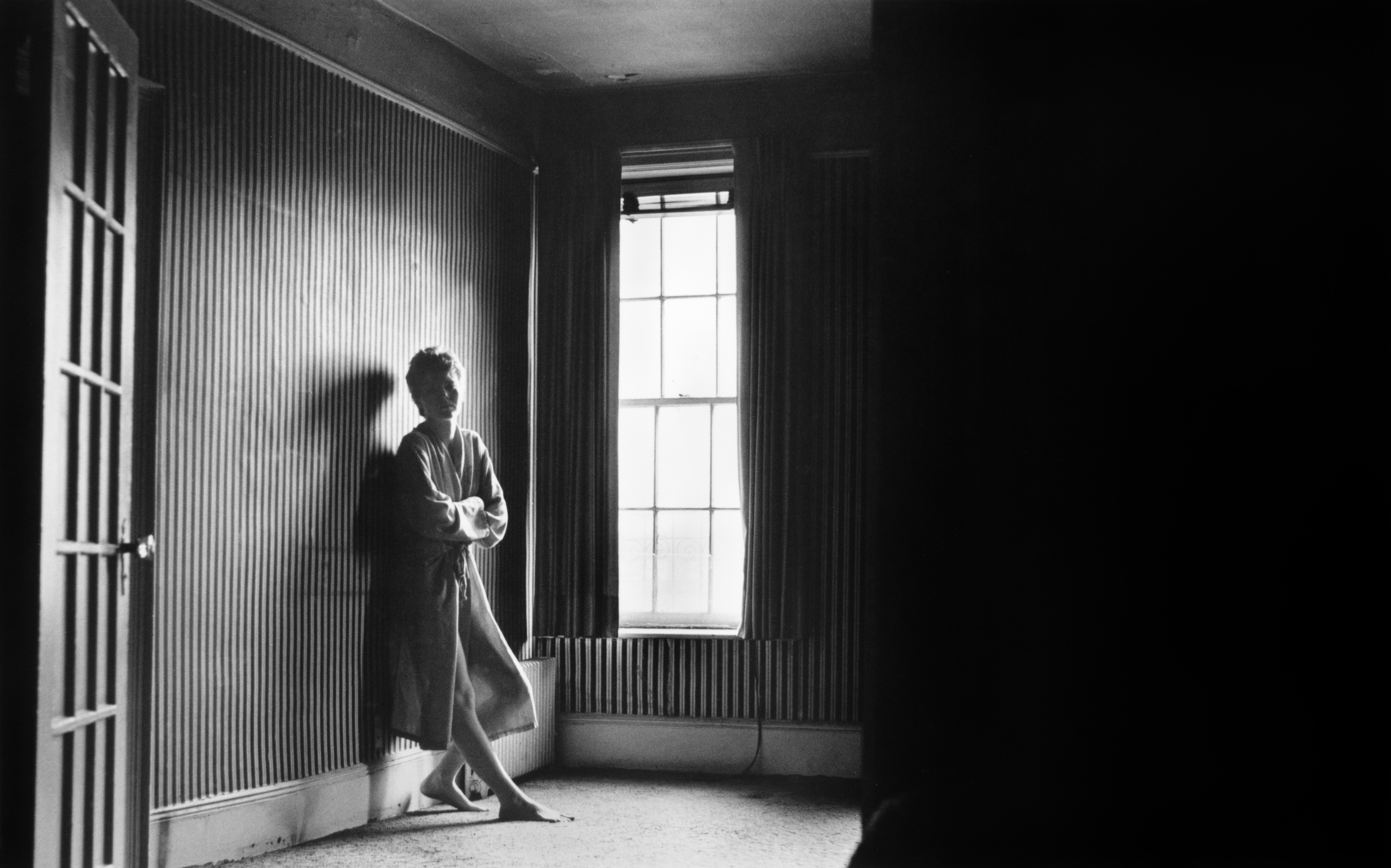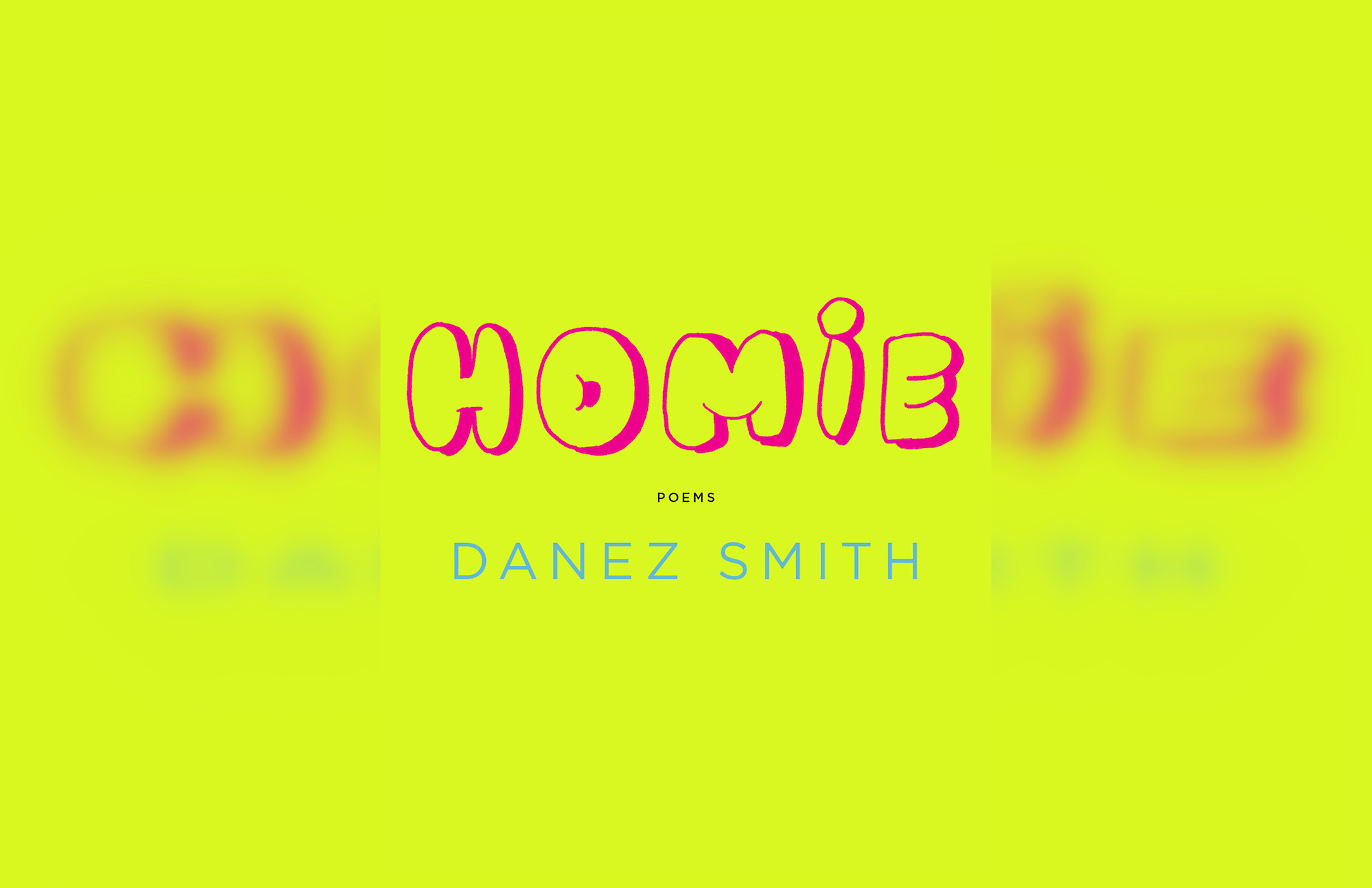In her debut memoir Mother Winter, writer Sophia Shalmiyev takes the reader through her experience growing up in the Soviet Union with an alcoholic mother and her subsequent search for replacement mother figures upon her move to the United States when she is relocated by her father in 1990 at the age of eleven. A story of love and loss, searching and mourning, Shalmiyev’s journey climaxes as she realizes that the mother she is looking for is not someone she can find— rather “motherhood” is an exploration she’ll have to make herself.
There are several aspects of Mother Winter that make it a compelling read. Firstly, Shalmiyev writes about her pain with brutality and rawness. She opens the book by writing:
“Russian sentences begin backward. When I learned English well enough to love it, I realized my inner tongue was running in the wrong direction. As does the Old Testament, the one we don’t call the good book. The one that became the bad, forbidden book, and is read back to front. The period blood came right after I began practicing my American accent in eighth grade: all smudged red clots to brown waste.”
In the mentioning of her menstrual period, Shalmiyev uses the body to convey a change in her life, a change in her thinking, and this is a tool she uses again and again throughout the book. Readers see vividly the injustices that existed in the pre-1990s Soviet Union, particularly when Shalmiyev discusses the abuse she endured as she survived it as a Jew. “A song, almost like a nursery rhyme, I heard in my youth was about Jews having the calloused claw of an ostrich from counting and hiding money all day,” she writes. “My great granny sang the lyrics and laughed, patting me on the head with a benign sincerity as if to say, “Don’t take it to heart, my tiny black ostrich.” Her mother’s mother, who is not Jewish, judges Shalmiyev by her identity, a form of betrayal few others experience.
Family plays a complex role in this book. Rather than serve as a form of comfort for her, family is often the cause or exacerbation of the author’s trauma. For instance, even the most constant figure in her life— her Jewish father Gabriel— presents a complicated relationship for Shalmiyev. “Maybe children aren’t children. Maybe it’s up to the adults to keep them so,” she writes. Though it is unclear at what point in her life Shalmiyev stops being a child, her story is truly heartbreaking when she travels with her father from the USSR to America and they are stationed in Italy. In a painful scene— ten-year-old Shalmiyev is given permission by her father to go to his boss’s house for the evening, without him. At the boss’s home, Shalmiyev is sexually assaulted. “Not quite deflowered,” she writes. “But plucked and tossed away.”
What slows the book down, despite its compelling content, is Mother Winter’s lack of consistent narrative flow. Throughout the book, the authors jumps around in time. Similarly, there are many moments when the narrator moves between narrative and cultural commentary. The author describes her thoughts about art, feminism, Russian history, and cultural icons like Pauline Réage, Anaïs Nin, and Susan Sontag. As soon as I found myself engaged within a chapter, the narrative would shift to cultural commentary and I was taken out of its rhythm, having to work my way back in again.
At the same time, I also recognize that many of Shalmiyev’s sentences are true and beautiful, though the book’s experimental style and shifts in chronology might get in the way of clarity. Readers are lifted when Shalmiyev ultimately comes to the conclusion that even though she cannot find her own mother, she can still be a mother to her own children.
